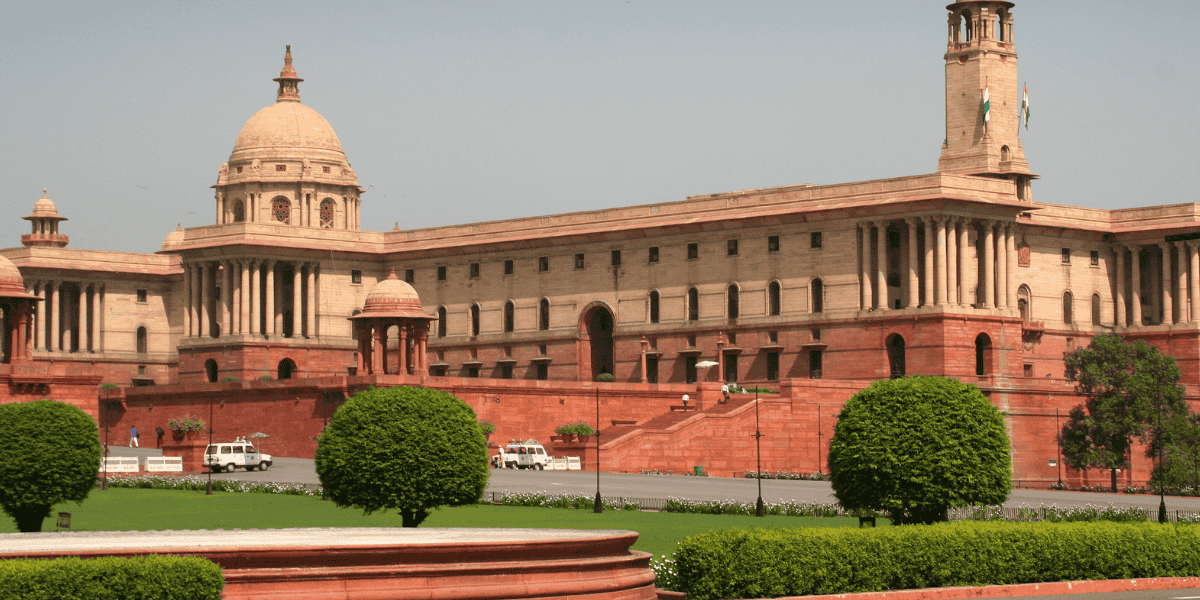India’s Union Budget 2025-2026, presented by Finance Minister Nirmala Sitharaman on 1 February 2025, introduced several key tax proposals. Key highlights include:
Non-resident taxation
A presumptive taxation regime for non-residents providing services to electronics manufacturing facilities in India introduces a 25% profit rate on payments and a safe harbor for tax certainty.
Start-up incentives
The three-year tax exemption for start-ups has been extended by five years, benefiting companies incorporated until 1 April 2030.
Transfer pricing reforms
A new scheme for determining arm’s length pricing of international transactions over a three-year block period aims to simplify transfer pricing and reduce the annual review burden.
Loss carryforward
Amended rules allow accumulated losses of predecessor entities to be carried forward for up to eight assessment years after amalgamation.
Updated return filing
To promote voluntary tax compliance, the government has extended the deadline for filing updated returns from two years to four years. This change aims to give taxpayers more time to rectify any discrepancies in their filings.
The additional tax payable on extra income depends on when the updated return is filed:
- If the return is submitted within 12 months of the relevant assessment year, the additional tax will be 25% of the tax and interest on the extra income (following the current rule).
- If the return is filed between 12 and 24 months, the additional tax will increase to 50% of the tax and interest payable.
- For updated returns filed between 24 and 36 months, the new rule applies, raising the additional tax to 60% of the tax and interest payable.
- Finally, if the return is filed between 36 and 48 months after the relevant assessment year, the additional tax will be 70% of the tax and interest due, as per the new rule.
IFSC benefits
The International Financial Services Centre (IFSC) will offer new tax benefits to ship-leasing units, insurance offices, and treasury centres, with the deadline for claiming these benefits extended to 31 March 2030.
Sovereign wealth fund exemptions
Exemptions on interest, dividend, and capital gains income for investments by sovereign wealth funds in infrastructure are extended until 31 March 2030.
Individual income tax reforms
An individual income tax rebate on earnings up to INR 1,200,000, which provides an exemption of up to INR 1,275,000 for salaried taxpayers after considering the standard deduction of INR 75,000.
The new individual income tax structure introduces revised tax brackets and rates as follows: income up to INR 400,000 is exempt from tax, while earnings between INR 400,000 and 800,000 are taxed at 5%. Income between INR 800,000 and 1,200,000 is taxed at 10%, and income from INR 1,200,000 to 1,600,000 is taxed at 15%. The tax rate increases to 20% for earnings between INR 1,600,000 and 2,000,000, 25% for income between INR 2,000,000 and 2,400,000, and 30% for income exceeding INR 2,400,000.
















